Palpitations
What are Palpitations?
If you feel that your heart beat isn’t always ‘normal’, you’re not alone. Many people with CHD notice changes in their heart beat or rhythm, commonly called palpitations. This is one of the most common symptoms for people with CHD, which is why we’ve given it its own section. Patients use different words to describe these, including skipped beats, fluttering in the chest, racing heart, or pounding in the chest. The heart beat might feel too slow, too fast, or irregular, and this can last for a few seconds, hours, or even days or weeks.
What causes them?
The heart has its own electrical system that controls the heart beat. Sometimes the electrical system becomes faulty and extra beats or fast heart rhythms happen. Problems in the electrical system can also cause the heart to beat too slowly. Palpitations can sometimes come out of the blue. Sometimes things can trigger palpitations, like the following:
- Feeling stressed out
- Working out too hard
- Having too much caffeine (cola, coffee, tea, chocolate)
- Using drugs (most street drugs including amphetamines/ice, cocaine, ecstasy, etc)
- Medical conditions like thyroid problems
For people with CHD, palpitations can also happen because of changes in heart function. This might include valve problems (narrowing or leakiness), stretching of the heart chambers, or weakening of the heart muscle.
When are my palpitations an emergency?
Nobody expects you to figure this out by yourself. If you have palpitations, the best thing you can do is talk to your doctor and decide whether further tests are needed. Palpitations that happen more often or last longer should definitely be discussed with your doctor.
Your doctors will probably ask a few questions, listen to your heart, and arrange some tests.
» Learn more about Heart Tests
Occasional skipped beats (like a ‘thump’ or butterfly in the chest) a few times per day are very common and do not require urgent medical attention – you can mention them to your cardiologist at your next visit.
If you have palpitations that make you feel unwell (for any reason) you can stay safe by:
Shouting out for help
Sitting or lying down while taking a few deep breaths
You should call 9-1-1 if the palpitations last for a long time (over 10-15 minutes) and cause the following warning symptoms:
- Chest tightness
- Feeling out of breath
- Dizziness or black-outs
- Being unable to exercise
We won’t think you’re silly for calling an ambulance. Sometimes it’s actually easier for us to work out what’s wrong once you’re at the hospital.
What treatments are available?
Many people with palpitations don’t need any extra treatment. The first step is to let your heart team know that you’re having palpitations….
If treatment is required, the options include:
Medications
A pacemaker or implantable cardioverter defibrillator (ICD)
Surgery to fix leaking or narrowed valves
Other specialized procedures that correct the electrical disturbance.
This program was developed by:



